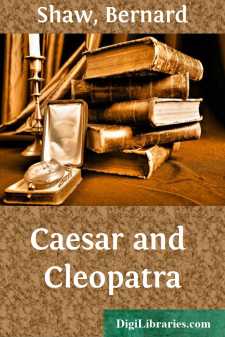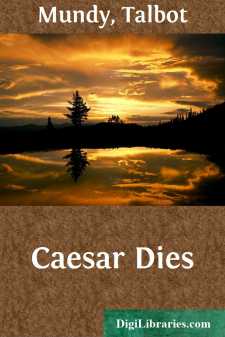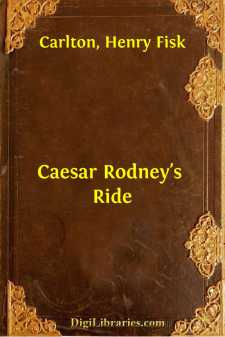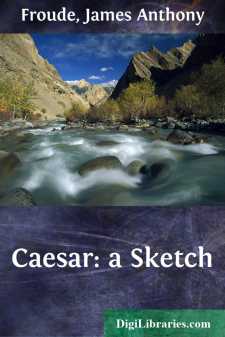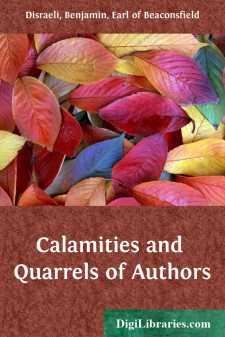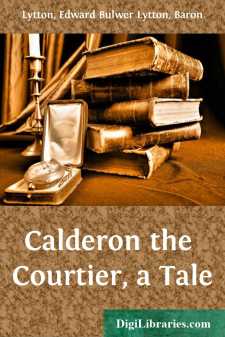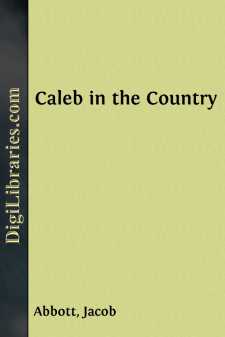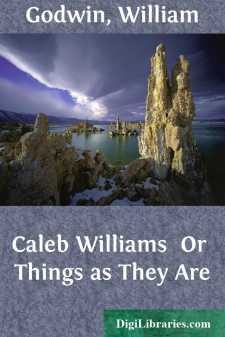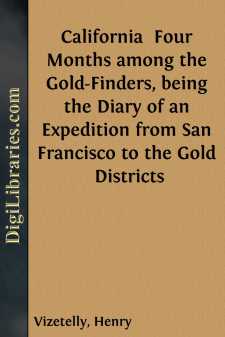Categories
- Antiques & Collectibles 13
- Architecture 36
- Art 48
- Bibles 22
- Biography & Autobiography 813
- Body, Mind & Spirit 142
- Business & Economics 28
- Children's Books 17
- Children's Fiction 14
- Computers 4
- Cooking 94
- Crafts & Hobbies 4
- Drama 346
- Education 46
- Family & Relationships 57
- Fiction 11829
- Games 19
- Gardening 17
- Health & Fitness 34
- History 1377
- House & Home 1
- Humor 147
- Juvenile Fiction 1873
- Juvenile Nonfiction 202
- Language Arts & Disciplines 88
- Law 16
- Literary Collections 686
- Literary Criticism 179
- Mathematics 13
- Medical 41
- Music 40
- Nature 179
- Non-Classifiable 1768
- Performing Arts 7
- Periodicals 1453
- Philosophy 64
- Photography 2
- Poetry 896
- Political Science 203
- Psychology 42
- Reference 154
- Religion 513
- Science 126
- Self-Help 84
- Social Science 81
- Sports & Recreation 34
- Study Aids 3
- Technology & Engineering 59
- Transportation 23
- Travel 463
- True Crime 29
Sort by:
by:
Bernard Shaw
ACT I An October night on the Syrian border of Egypt towards the end of the XXXIII Dynasty, in the year 706 by Roman computation, afterwards reckoned by Christian computation as 48 B.C. A great radiance of silver fire, the dawn of a moonlit night, is rising in the east. The stars and the cloudless sky are our own contemporaries, nineteen and a half centuries younger than we know them; but you would not...
more...
by:
Talbot Mundy
I. IN THE REIGN OF THE EMPEROR COMMODUS Golden Antioch lay like a jewel at a mountain's throat. Wide, intersecting streets, each nearly four miles long, granite-paved, and marble-colonnaded, swarmed with fashionable loiterers. The gay Antiochenes, whom nothing except frequent earthquakes interrupted from pursuit of pleasure, were taking the air in chariots, in litters, and on foot; their linen...
more...
On July 1, 1776, the Continental Congress of the American Colonies faced one of the most important crises this country has ever passed through. Upon what happened that night depended the fate of the resolution before Congress which declared that: "These United Colonies are, and of right ought to be, free and independent States, that they are absolved from all allegiance to the British Crown, and...
more...
CHAPTER I. To the student of political history, and to the English student above all others, the conversion of the Roman Republic into a military empire commands a peculiar interest. Notwithstanding many differences, the English and the Romans essentially resemble one another. The early Romans possessed the faculty of self-government beyond any people of whom we have historical knowledge, with the one...
more...
The Calamities of Authors have often excited the attention of the lovers of literature; and, from the revival of letters to this day, this class of the community, the most ingenious and the most enlightened, have, in all the nations of Europe, been the most honoured, and the least remunerated. Pierius Valerianus, an attendant in the literary court of Leo X., who twice refused a bishopric that he might...
more...
It is now thirteen years since the first publication of "Calavar," which, apart from the ordinary objects of an author, was written chiefly with a view of illustrating what was deemed the most romantic and poetical chapter in the history of the New World; but partly, also, with the hope of calling the attention of Americans to a portion of the continent which it required little political...
more...
CHAPTER I. THE ANTE-CHAMBER. The Tragi-Comedy of Court Intrigue, which had ever found its principal theatre in Spain since the accession of the House of Austria to the throne, was represented with singular complication of incident and brilliancy of performance during the reign of Philip the Third. That monarch, weak, indolent, and superstitious, left the reins of government in the hands of the Duke of...
more...
by:
Jacob Abbott
CALEB'S DISCOVERY. Caleb was a bright-looking, blue-eyed boy, with auburn hair and happy countenance. And yet he was rather pale and slender. He had been sick. His father and mother lived in Boston, but now he was spending the summer at Sandy River country, with his grandmother. His father thought that if he could run about a few months in the open air, and play among the rocks and under the...
more...
by:
William Godwin
CHAPTER I. My life has for several years been a theatre of calamity. I have been a mark for the vigilance of tyranny, and I could not escape. My fairest prospects have been blasted. My enemy has shown himself inaccessible to entreaties, and untired in persecution. My fame, as well as my happiness, has become his victim. Every one, as far as my story has been known, has refused to assist me in my...
more...
by:
Henry Vizetelly
CHAPTER I. Clearing the Faranolles Making the entrance to the Bay of San Francisco The passage through the Strait Appearance of the Bay Town of San Francisco The anchor is let go The Author goes on shore His bad luck Sweeting's Hotel The Author and Mr. Malcolm propose visiting the American settlements They become acquainted with Captain Fulsom and Mr. Bradley Object of the Author's visit to...
more...


